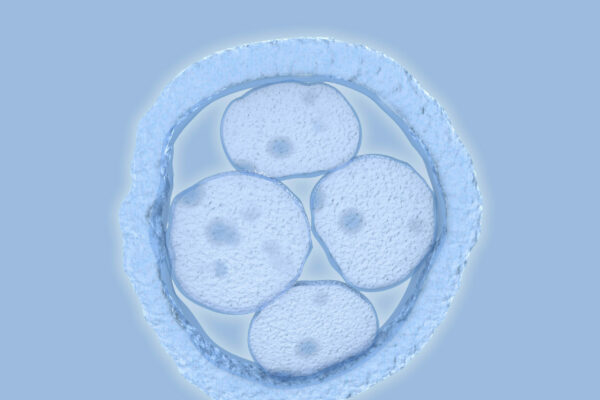It’s common for couples to have more than one cause of infertility. Testing women’s fertility is much more involved and complicated than testing men’s fertility, which is a reason why many reproductive specialists recommend a semen analysis for males before beginning tests on the female. Semen analysis is the easiest way to determine the cause of male infertility.
How semen analysis works
Semen analysis is the most commonly used method for testing men’s fertility. It evaluates sperm volume, concentration, motility and morphology. Semen analysis may also detect any infection present in the reproductive system.
Volume
After abstaining for at least three days, the male partner will provide reproductive specialists with a sterile semen sample. The first thing they determine is volume, or how much semen is produced.
Concentration
The concentration, or number of sperm, is then determined per millimeter. Normal sperm densities range from 15 million to over 200 million sperm per milliliter of semen. Men who are trying to conceive are considered to have a low sperm count if there are fewer than 15 million sperm per milliliter, or 39 million in total, per ejaculate.
Motility
Motility testing shows how well the sperm are moving. Men’s fertility is considered normal if more than 40 percent of the sperm in a single sample are moving. Vitamin C may help improve men’s fertility by preventing sperm from clumping or sticking together.
Morphology
This examines the number of sperm that are abnormally shaped. Men’s fertility is threatened if they have less than four percent of normally shaped sperm by critical assessment (some labs use different grading and their normal is 30 percent). If you want to reduce your risk of poor sperm morphology, doctors recommend avoiding tobacco and alcohol and maintaining a healthy diet. Supplements may also work in your favor.
Your doctor may recommend additional tests like scrotal ultrasound, hormone or genetic testing, post-ejaculation urinalysis, testicular biopsy, transrectal ultrasound or specialized sperm function tests to help identify the cause of your infertility.
If you are struggling with infertility, there are ways to boost your fertility through proper nutrition, regular exercise, and minimal stress. If you and your partner have been trying to conceive for over 12 months and believe you may be struggling with undiagnosed infertility, visit the Center for Reproductive Medicine for an initial infertility evaluation. It’s time to take the first step toward building the family you’ve always wanted. Call 612-863-5390 to schedule your first appointment.






